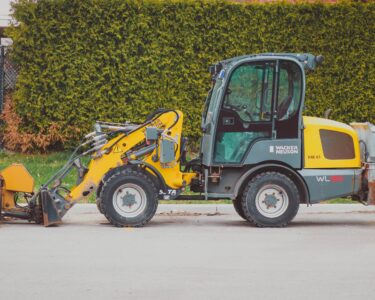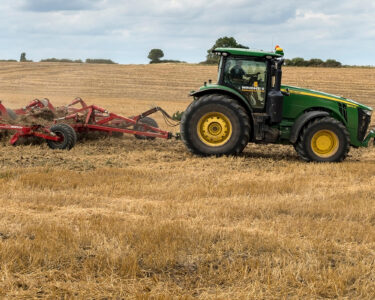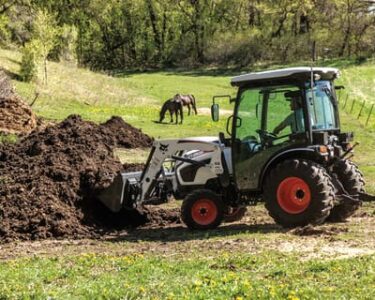Tractors are invaluable tools in agriculture, but their power and complexity can pose significant safety risks. To prevent accidents and injuries on farms, we will spread awareness of the critical tractor safety procedures in this post. These rules are essential for your safety whether you’re a farmer or a tractor operator.
1. Operator Training and Certification
a. Professional Training
Ensure that tractor operators receive professional training from certified instructors. Training programs cover essential safety practices, equipment operation, and emergency procedures.
b. Licensing
Make sure you have the appropriate permits or certificates to drive tractors in your area. Operating without the right credentials increases the risk of accidents and may have legal repercussions.
2. Pre-Operation Inspection
a. Routine Checks
Before each use, perform a comprehensive inspection of the tractor. Check for signs of wear and tear, loose components, and fluid leaks. Ensure that all safety features are functioning correctly.
b. Maintenance Schedule
Establish a regular maintenance schedule for your tractor, including oil changes, filter replacements, and component inspections. A well-maintained tractor is less likely to malfunction.
3. Safe Operating Procedures
a. Speed Control
Operate the tractor at a safe and controlled speed appropriate for the terrain and conditions. Reduce speed when making turns to maintain stability.
b. No Passengers
Tractors are designed for a single operator. Never allow passengers on the tractor, as it can disrupt balance and increase the risk of accidents.
c. Avoid Steep Terrain
Exercise caution when operating on steep or uneven terrain. Tractors can be prone to rollovers in such conditions.
4. Tractor Attachments
a. Attachment Safety
Ensure that all tractor attachments are correctly and securely attached. Follow the manufacturer’s instructions for attachment and detachment.
b. Weight Distribution
When using front-end loaders or other heavy attachments, distribute the weight evenly to maintain balance and stability. Avoid sudden movements that can lead to tip-overs.
5. Road Safety
a. Road Use
If you need to operate the tractor on public roads, adhere to all traffic laws and safety regulations. Display the appropriate warning signs, lights, and signals, and drive at a safe speed for road conditions.
b. Visibility
Enhance your tractor’s visibility with reflective tape and lights. Always make eye contact with other drivers at intersections and be aware of blind spots.
6. Rollover Protection
a. ROPS
Whenever possible, operate tractors equipped with Roll-Over Protective Structures (ROPS) and seat belts. ROPS can prevent injuries in the event of a rollover by providing a protective cage.
Conclusion
Tractor safety is paramount on the farm, and it requires diligence and adherence to established guidelines. Whether you’re a seasoned farmer or a new operator, prioritizing safety is essential for preventing accidents and injuries. By following these essential tractor safety guidelines, you can ensure a safe and productive experience when operating tractors.
FAQs
Q1. What should I do if I encounter a tractor that appears to be operating unsafely?
A1. If you observe a tractor being operated in an unsafe manner, maintain a safe distance, and report the incident to the relevant authorities, if necessary.
Q2. Is there specialized safety gear for tractor operators?
A2. Yes, tractor operators should wear appropriate safety gear, including a certified helmet, eye protection, hearing protection, and sturdy, non-slip footwear.
Q3. How do I choose the right tractor size for my farm operations?
A3. Consult with agricultural experts or tractor dealers to determine the appropriate tractor size and features based on your specific farming needs.
Q4. Can I retrofit an older tractor with modern safety features like ROPS?
A4. Retrofitting older tractors with safety features like ROPS is possible in some cases. Consult with tractor dealers or specialists to assess retrofitting options.



